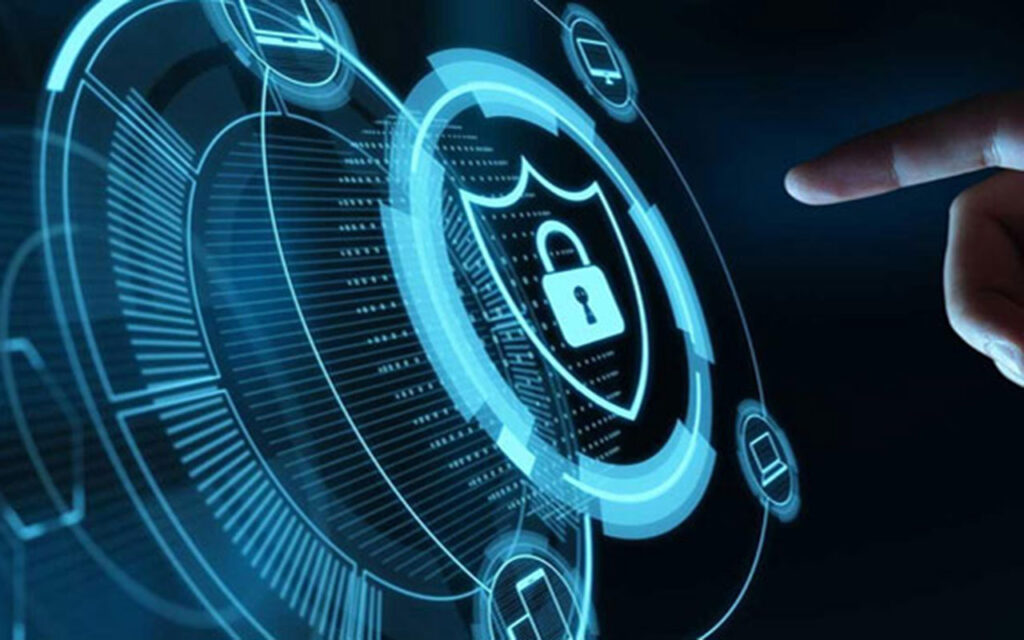 Security organisations in the Nigeria face various challenges and threats to citizens, infrastructure and national borders. It is essential to identify good practices and lessons-learned that are in effect today. Security agencies must have focus on the following missions:
Security organisations in the Nigeria face various challenges and threats to citizens, infrastructure and national borders. It is essential to identify good practices and lessons-learned that are in effect today. Security agencies must have focus on the following missions:
Security of citizens; Security of infrastructures and utilities; Intelligent surveillance & border security; Restoring security & safety in case of crisis, including humanitarian interventions.
Security may be considered assured freedom from poverty or want; precautions taken to ensure against theft or espionage; or a person or thing that secures or guarantees (Angus and Roberston, 1992). Furthermore, Fischer et al. consider that security “implies a stable, rela¬tively predictable environment in which an individual or group may pursue its ends without disruption or harm and without fear of such disturbance or injury” (2008, p. 31). A tradi¬tional definition of security may be the provision of private services in the protection of people, information, and assets for individual safety or community wellness.
In addition, private or commercial security may be considered the provision of paid services in preventing undesirable, unauthorised, or detrimental loss to an organisation’s assets (Post and Kingsbury, 1991).
Nevertheless, security has to be expanded to consider national security and the defence of a nation-state through armed force or the use of such force to control its citizens. Security may also imply public policing by state-employed public servants. Still others consider security as crime prevention, secure technology, risk management, or loss prevention (Brooks, 2009). The Protection of Assets Manual (Knote, 2004, pp. 1–2) states that the title was chosen because the term security is too narrow a definition, whereas the title of protection of assets better describes the function of security; however, it is argued that the reverse holds greater validity. Asset protection does better define the function of a part of security, but it is only one part of many.
As society changes, so does security, and there are extensive discussions on public security verses private security. It would be highly unlikely that nation-states would wholly replace their public security functions for wholly private security services. In the past where this has been attempted, the results have been for a short-term financial state benefit, public discourse, and contract termination (Knote, 2004).
Nevertheless, both relationships and contractual partnerships have and will continue to be successful and expand. Relationships between public security and private security have been growing for many years. In the past, this has been through second-career police officers moving from one career to the other. Both public security and other security practice areas can see the benefits of such a relationship. In addi¬tion, contractual partnerships have been increasing, where private security complement and allow sworn public officers to be more effective in frontline public security functions.
Private Security
A significant development in security has been the growth of private security, which has grown into a large and international industry that can be broadly defined as an industry de¬voted to crime prevention. Private security is also known as organisational security, corporate security (Brooks, 2009), commercial security, asset protection, and security management.
The private security industry is an emerging and relatively young discipline and the traditional distinction between past security entities of public security, private security, and defence are merging. The expansive nature of private security has resulted in limited and diffuse understanding, even though extensive resources are being expended. The role of private security has further expanded, and “there is now an acknowledged role for com¬mercial security in actions against global security threats, national security concerns, local community safety needs, as well as the requirements of the corporation and the individual” (Wakefield, 2007, pp. 13–14).
Conclusion
Security is a core value of human relations. The necessity of security arises from the fact that people do want to live together and are thus vulnerable to each other. Security makes possible what otherwise probably could not be achieved: a flourishing society that is relatively safe from would-be attackers. Of course, within society, one can never be completely safe. That is precisely why we need security policies. Such policies usually involve creating and maintaining police and military forces that are prepared and equipped to carry out that essential job for the public good.
The development of the knowledge base in security science depends on its advancement as a discipline, and the extent of interaction between academia and professional practitioners of the security industry. The knowledge base for the emerging discipline of security will be en¬hanced by ongoing research both in the fundamental context of theory development and the applied context of asset protection. It is necessary for government, academia, and the com¬mercial security industry to contribute to this knowledge base.
Security science is an emerging discipline that is developing its own theories for the struc¬ture of knowledge within the context of its knowledge domain. Although some theories in security science are discipline specific, generally current theories are adapted from other disciplines and knowledge domains for the security context, such as criminology, psychol¬ogy, and engineering, where relatively strong theoretical contexts have been developed. However, security science is in its formative phase, and will evolve over the next decade into an accepted science. Thus, evolution will be based on rigor and logical application through science and technology theory and principle. The emergence of security science as an accepted discipline will herald the advancement of security as a profession.
Basically organisations, tend to create security policies because it lays a foundation of information security basics to explain to employees how their actions are responsible for the protection of sensitive information assets throughout the company and being able to complete business online as communications will be secured (Danchev, 2003). In order to protect sensitive information data, organisations need to implement controls and rules. To ensure this is successful, standards, guidelines and procedures need to be achieved for the overall implementation of the information security policy in any organisation.
Organisations building a good security policy, provides successful implementation of security related projects currently and in the future. The first step towards enhancing security for an organisation is by introducing the policy to all members of staff on their different responsibilities, the use of resources, explaining how sensitive information should be handled and listing all the prohibited activities. During the development, it will be beneficial as it will turn all the employees into contributors as the organisation tries to secure its security and reduce the risk of potential security breaches through human errors or rouge employees (Danchev, 2003). This may involve such issues of loss of data, revealing information to unknown sources, improper uses of resources within the organisation and countless other dangerous activities.
Being excerpts of a paper written by Akinade (+234 802 277 1818) bayoakinade@yahoo.co.uk













